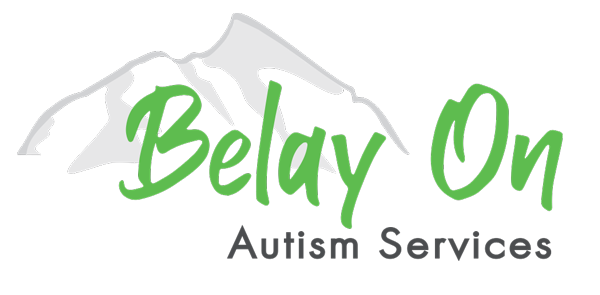What is autism?
Autism Spectrum Disorder is a neurodevelopmental disorder that affects communication, social interaction, and behavior. The severity and symptoms of Autism can vary widely between individuals and is not a linear spectrum. A great saying is, “if you meet one person with autism, you’ve met one person with autism.” Everyone has different strengths and deficits, and autism can present differently in everyone.
Here are some common areas that may be affected:
- communication
- language
- social skills
- executive functioning
- adaptive skills
- emotional regulation
- motor skills
What is the cause of autism?
The exact cause of autism is not yet fully understood, but research suggests that a combination of genetic and environmental factors may contribute to its development. Some studies have identified certain genes that may increase the likelihood of developing autism, and environmental factors such as prenatal exposure to toxins may also play a role.
Autism now impacts 1 out of 36 children in the U.S. Boys are statistically more likely to present with autism than girls. Autism effects 1 in 27 boys and 1 in 116 girls in the US.
What are the signs of autism?
Autism is typically diagnosed in early childhood, but sometimes it is not identified until later in life. The signs of autism can vary widely between individuals, but there are some common behavioral and social characteristics that may suggest the presence of autism. One of the most notable signs is difficulty with social interaction. Individuals with autism may struggle to engage in conversation, make eye contact, or understand social cues. They may also have difficulty developing friendships and may prefer to spend time alone.
Specifically, signs in young children can be missing CDC pediatric milestones, appearing socially delay, and exhibiting abnormal or intense behaviors. For older children, signs can be struggling with friendships, difficulty with conversation, and not advocating for oneself.
Another common sign of autism at any age is difficulty with communication. This can manifest in a variety of ways, from delayed speech development to difficulty understanding the meaning of words and phrases. Individuals with autism may also have difficulty expressing themselves verbally, which can lead to frustration and social isolation.
While these signs can be indicative of autism, it is important to remember that every individual with autism is unique and may exhibit different symptoms. If you suspect that you or someone you know may have autism, it is important to seek a diagnosis from a qualified healthcare professional.
Studies have shown that early diagnosis and treatment are key in improving quality of life for individuals with autism as well as their caretakers. With early diagnosis and appropriate support, individuals with autism can lead happy and fulfilling lives.
What should I do if I suspect my child may have autism?
If you suspect that your child may have autism, it is important to act and seek a professional evaluation as soon as possible. Early intervention and support can make a significant difference in your child’s development and future success. Children can be evaluated for autism as early as 18 months.
While ABA therapy centers like Belay On and our clinicians are qualified to treat children with autism, a diagnosis must come from a qualified healthcare professional. The following are some steps you can take if you suspect your child may have autism:
- Document your child’s behavior.
Make notes of what you have noticed about your child that may indicate they have autism. Keep these in a safe place so they are easily accessible and can be shared with your doctor.
- Discuss with your child’s pediatrician.
Schedule an appointment with your child’s pediatrician or general practitioner. Express your concerns and share the notes you’ve made regarding your child’s behavior. Your doctor should be able to answer some questions, share their own evaluation, and refer you to a specialist for a more in-depth evaluation.
- Seek a detailed professional evaluation.
Your child’s doctor should be able to refer you to specialist who can perform a detailed evaluation and provide an autism diagnosis if necessary. This professional should be able to answer many of the questions you might have, provided recommended treatment options, and potentially point you towards local or online support groups.
- Begin treatment.
If your child is diagnosed, find a provider that you like and trust. Providers can be in-clinic, in-home, in-community or a combination. Studies suggest that early diagnosis and emersion in ABA treatment leads to improvement in important developmental areas such as communication, attention, and social skills.
- Join support groups.
It’s important to remember you are not alone on this journey! In rock climbing “Belay On” is the voice command given by a climbing partner to indicate that they are ready to support the climber in case of a slip or fall. Our promise to you is to be that supportive partner. We also recommend joining support groups either in person or online. These groups can be a fantastic way to provide and receive emotional support, share resources, and build a strong community.
Belay On is here to help children diagnosed with autism in North Texas, and we are happy to answer any questions you may have. Feel free to call us at 469-423-5658, or contact us online.

